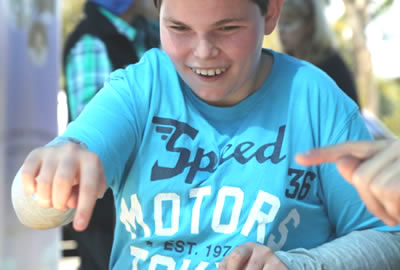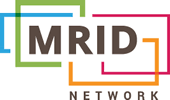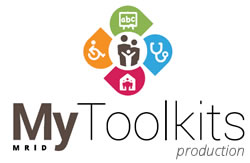A major feature of the New South Wales population is its cultural and linguistic diversity. People from culturally diverse backgrounds are diverse in terms of religion, cultural values and social structures. Ethnic, religious and linguistic background can influence physical and mental health as well as access to health care and health care needs. It is vital that this is recognised in Co-Design processes and for appropriate strategies to be put in place to optimise outcomes and avoid disadvantage.
Cultural awareness and cultural sensitivity involve being aware of, accepting and taking into consideration cultural differences. Cultural differences can lead to different interpretation of events and expectations. Cultural concepts of disability, mental and physical illness, medications and treatments, and other health-related matters may be very different for people from different cultures. Even amongst different population groups where English is fluently spoken there may be some difference in the way health concepts are understood. Therefore, cultural awareness is essential to the process of Co-Design.

To gain some understanding of cultural perspectives it is often helpful to ask consumers and families questions such as: ‘‘When you hear this – [diagnosis or term], how do you understand this in your words?’’ or ‘‘How would your family react to and understand this?’’
For some CALD groups, complex and extended kinship and support networks exist. This may include biological relatives, other community members and religious members. Engaging such key stakeholders in Co-Design processes is essential in order to promote trust and optimise collaboration with consumers and their families.
Consideration may also be given to involving a senior family or community elder to participant in consultations, to minimise the potential for miscommunication, to help to identify consumers’ priorities, and develop appropriate strategies. Information may be provided that can be taken back to the extended family to explain actions, decisions and the process of Co-Design. Involvement of senior community members may also facilitate implementation of larger scale Co-Design processes, such as surveys, events and activities.
Interpretation
Interpreters are another important group to consider in Co-Design. When working with consumers, carers or families where English is not readily spoken or understood, it is essential to offer for an interpreter to be present. In addition, by inviting non-English speaking consumers and clients to participate in Co-Design processes (with the aid of professional language interpretation), a more holistic sense of the needs and expectations of the community can be explored. Interpretation can be provided in person or via teleconferencing, and is arranged by a health service at no cost to families.
- Cultural information, resources and support is available from various agencies such as Multicultural Health Communication Service and The Diversity Health Institute
- For additional advice or support for CALD families, involving services such as the Transcultural Mental Health Centre may be valuable.
- The New South Wales Health Policy and Implementation Plan for Healthy Culturally Diverse Communities 2012-2016 is the strategic state-wide policy for improving the health of New South Wales residents from backgrounds which are culturally, religiously and linguistically diverse. Read more and download the plan from the New South Wales Health website.
- Queensland Health provides information and resources for health workers involved in multicultural health. These are available at the Queensland Health website.




